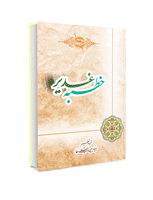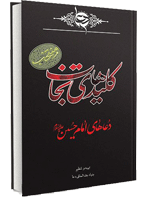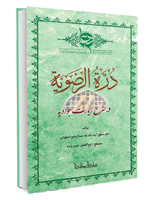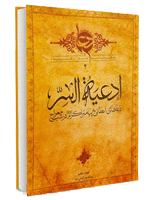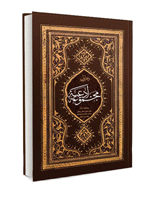- Prophet Muhammad (P.B.U.H&HF): Whenever one of you is needy and brings that to other people, he will not be satisfied. and Whenever someone is needy and brings that to Lord, he shall give him what he wants. sooner or later.
- Imam Sadiq (As.): Whenever you had tenderness in your heart, Pray. because your heart doesn't get tender unless it's pure.
- I told to Imam Baqir (A.S): “What is the meaning of “truly, Ibrahim was awwah and patient”? He replied: “Awwah means (the one who is) praying (to) and wailing (for God) a lot.””
- “Two people, who have acted alike, enter the heaven, but one of them sees the other one in a higher place. Then, he says: O’ Lord! How come has he a superior place in comparison to me while we acted alike? God the Almighty replies: “because he asked Me (whatever he needed) and you did not do that”.
- “The most knowledgeable person to God is the one who asks more from Him”
- “Whoever prays a lot, the angels say: This voice is familiar (to us) and this is the supplication which is accepted and this is the need which is provided”
-
The Holy Prophet (peace be upon him and his Household):
-
وَ لَوْ عَرَفْتُمُ اللَّهَ حَقَّ مَعْرِفَتِهِ لَزَالَتِ الْجِبَالُ بِدُعَائِكُم
If you knew god the way you should’ve known, Mountains definitely will be moved by your supplications. - Crying out of fear of God is the key to his mercy, it’s a sign for his acceptance and it’s a door to answering [supplications]
- Pray to God and believe in his answeres. But understand that God won't accept prays from an unwitting oblivious heart.
Hannah’s Prayers in 1 Samuel 1–2
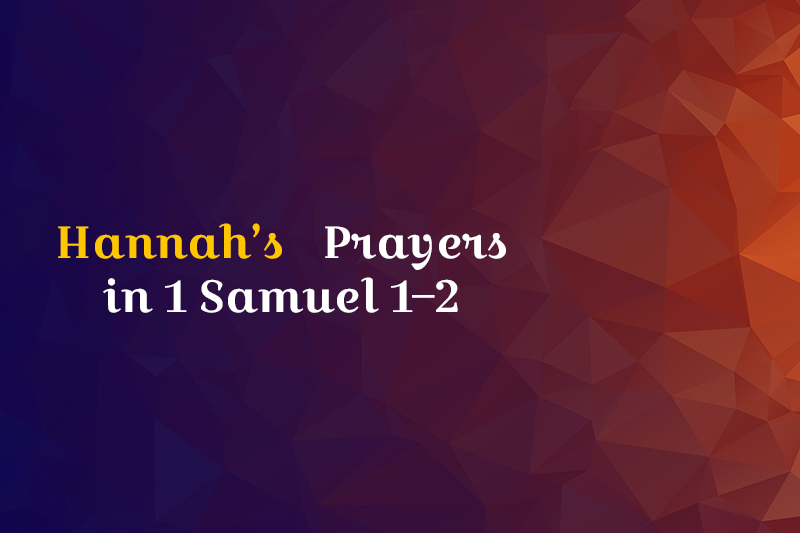
From a redaction-critical point of view, it can be stated that in what is commonly called late postexilic times, there was a tendency to insert prayers into important passages of the growing scrolls of what later would become biblical books. This holds true for the prophetic literature of the Latter Prophets, a topic that has been given its proper attention with the recent monograph by Alexa Wilke.1 This likewise holds true for the narrative books, whether within the context of the later Former Prophets or the Writings: Dan 9; Ezra 9; Neh 1; 9–10; and 1 Chr 16, often called “psalms outside the psalter.”2 One of the best-known specimens of prayers within the corpus of the Former Prophets is, of course, Hannah’s psalm in 1 Sam 2. In the following, I will briefly consider the diachronic development of the prayer(s) in 1 Sam 1–2 before examining their reception in the pseudepigraphic document commonly referred to as Pseudo-Philo’s Liber antiquitatum biblicarum.3


